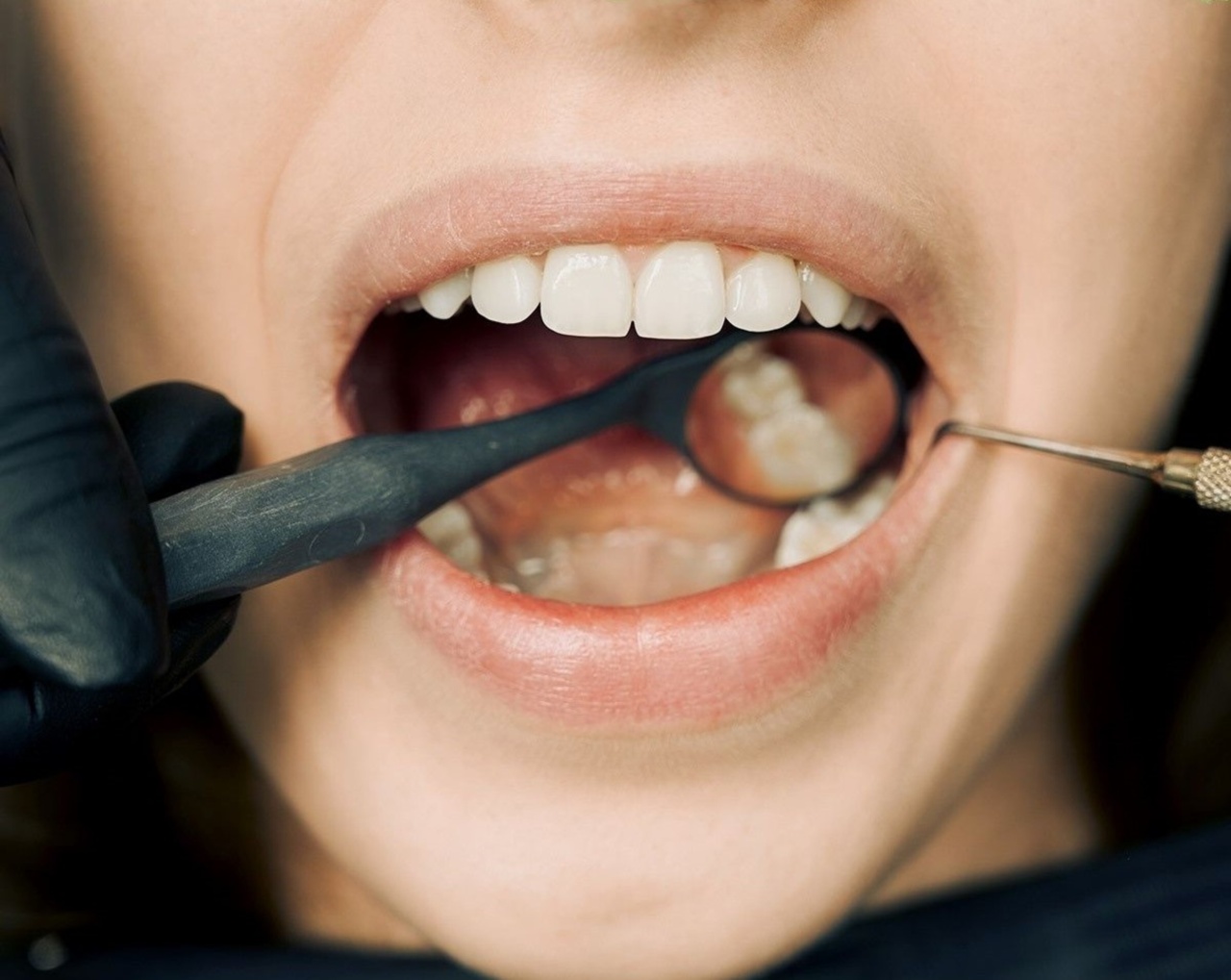Oral aphids are tiny insects that infest the mouth and cause a lot of discomfort. They cause painful ulcers, sores, and inflammation that can make simple tasks like eating and speaking difficult.
Recurring oral aphids can be frustrating and difficult to manage as they keep coming back even after treatment. This article will look at the identification and treatment of recurring oral aphids.
What are Oral Aphids?
Oral aphids are tiny insects that typically grow up to 2 millimeters in length. They are known to infest plants, but they can also live on human skin and in the mouth.
They are small and hard to spot but can cause a lot of pain and discomfort when they infest oral tissues.
Identification
There are many different types of aphids, but all aphids have some common identifying features. Some of the common features of oral aphids include:.
- Small size, typically 2 millimeters or less
- Soft-bodied and oval in shape
- Commonly found in clusters
- May appear in various colors including black, green, yellow, or pinkish-red
- Can be found on any oral tissues including the tongue, gums, and cheeks
Causes of Recurring Oral Aphids
Recurring oral aphids can be caused by various factors including:.
- Weak immune system
- Fungal infections
- Bacterial infections
- Stress and anxiety
- Smoking and tobacco use
- Poor oral hygiene
- Consumption of acidic or spicy foods
- Alcohol consumption
Symptoms of Recurring Oral Aphids
The symptoms of recurring oral aphids are similar to those of a single infection. The symptoms include:.
- Painful ulcers or sores in the mouth
- Inflammation and redness in oral tissues
- Fever and headaches in some cases
Treatment of Recurring Oral Aphids
The treatment of recurring oral aphids should mainly focus on identifying and treating the underlying cause of the problem. Here are some tips to help with the treatment of recurring oral aphids:.
1. Improve Oral Hygiene
Keeping the mouth clean and healthy is essential in the treatment of recurring oral aphids. Brushing at least twice daily and flossing can help remove bacteria and support the growth of healthy oral tissues.
Use an antiseptic mouthwash to kill off any bacteria that may have survived brushing and flossing.
2. Treat Underlying Infections
Infections such as fungal and bacterial infections can cause recurring outbreaks of oral aphids. In such cases, treating the underlying infection can help prevent further outbreaks.
Antifungal and antibacterial medications may be prescribed to deal with these infections.
3. Change Your Diet
Consumption of spicy and acidic foods can trigger recurring outbreaks of oral aphids. If you are prone to these outbreaks, you should avoid such foods and adopt a healthier diet with foods rich in antioxidants and vitamins.
4. Reduce Stress and Anxiety
Stress and anxiety can lead to weakened immune function and increased susceptibility to recurring oral aphids. To reduce stress and anxiety, consider meditation and other relaxation techniques that can help keep you calm and relaxed.
5. Medications
Over-the-counter topical medications that can help ease pain and inflammation are available. Such medications may be recommended by your dentist or doctor.
Conclusion
Recurring oral aphids can be very frustrating and difficult to manage. They can cause a lot of pain and discomfort, making simple daily tasks like eating and speaking very difficult.
However, with proper identification and treatment, it is possible to manage these outbreaks and prevent them from occurring again.































